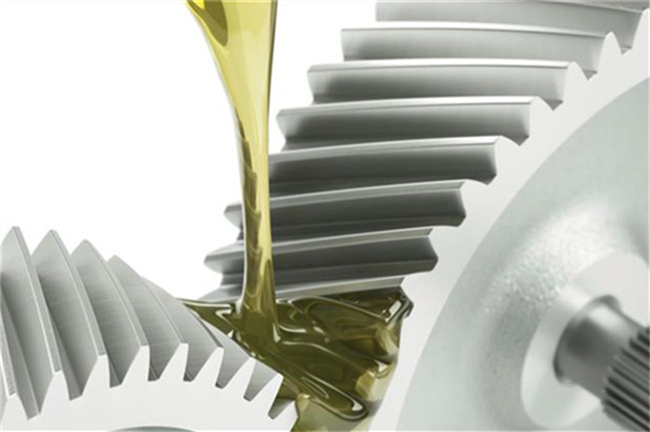Oil testing programs cover a wide range of areas, and the specific programs may vary depending on the type of oil, industry requirements and the purpose of the test.
The following are some common oil testing items and their meanings:
1. Density: the ratio of mass to volume of an oil product. It is usually expressed in grams per cubic centimeter (g/cm³) or kilograms per cubic meter (kg/m³). 2.
2. Viscosity: the viscosity of an oil, i.e. its fluidity and adhesion. It is usually expressed in terms of flow time or viscosity value.
3. Flash point: the lowest temperature at which an oil will release sufficient vapors to form a flammable gas mixture and produce a flash under specified conditions.
4. Water content: the amount of water in an oil. Usually expressed in mass percentage (%) or mass (g). 5.
5. Sulfur content: the sulfur content of the oil. Usually expressed in mass percentage (%). 6.
6. Nitrogen content: the nitrogen content in the oil. Usually expressed in mass percentage (%). 7.
7. Oil content: the oil content in certain oils (e.g., oil stains, oiling agents). Usually expressed in mass percentage (%).
8. Acid value: the content of acid in the oil. Usually expressed in milligrams of sodium hydroxide / g (mg KOH / g). 9.
9. Alkali value: the content of alkaline substances in the oil. Usually expressed in milligrams of potassium sulfate / g (mg KOH / g). 10.
10. Freezing point: the temperature at which the oil begins to solidify or thicken at low temperatures. 11.
11. Freezing point: the temperature at which the oil solidifies completely.
12. Sediment: solid or precipitated material in the oil.
13. Chemical composition: including the analysis and determination of hydrocarbon components, phenols, alcohols and so on.
14. Elemental analysis: analyze the elemental content in the oil, such as carbon, hydrogen, oxygen, nitrogen, sulfur and so on.
15. Impurity analysis: Detecting impurities in oils, such as estrogen, heavy metals, etc.
These are only examples of common oil testing programs, the specific program will vary depending on the type of oil and testing needs. In actual testing, you can choose the appropriate test items to analyze according to the characteristics and use requirements of the oil.

Contact: Reliy
Phone: +86 13227755833
Email: info@ganorder.com
Add: J-4-H30,Oriental Mercure Trade Plaza,No.113113 Taihua South Road,XinCheng District,Xi'an,Shaanxi,China